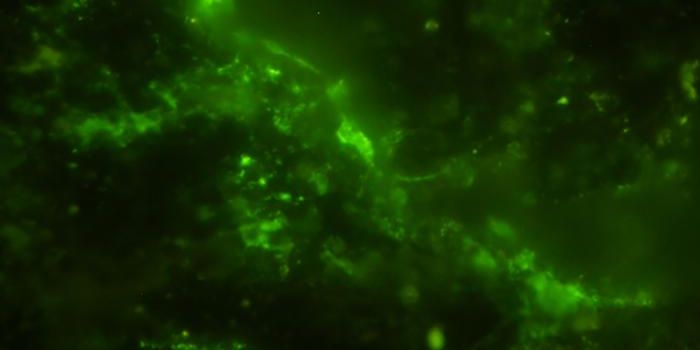In Kids Living with Cats, Schizophrenia Risk is More Than Doubled
In a new study that assessed seventeen research reports from eleven countries, scientists determined that cat ownership has a significant link to the risk of schizophrenia. When children lived in a household with a cat, their likelihood of developing schizophrenia was 2.24 times greater than those who did not live with a cat. But the study is not suggesting that people who like cats are more likely to be schizophrenic. Instead, the work has indicated that there is a connection between a parasite found in cats and the risk of schizophrenia. The findings have been reported in Schizophrenia Bulletin.
Cats are often hosts to a parasite called Toxoplasma gondii, which can also be found in undercooked meat and seafood. T. gondii is thought to have infected around 25 percent of the global population.
Pregnant women are already warned to avoid contact with cat feces (which can happen when changing litter boxes or otherwise disposing of it), because T gondii infections are the primary cause of blindness in newborns around the world. These infections can also cause vision loss, mental disability, and seizures later in affected newborns. It's also dangerous to people who have compromised or weakened immune systems. People who undergo organ transplants usually take a drug just to counter the parasite's effects.
This latest research agrees with another meta-analysis of 38 studies that was performed in 2012 and also reported in Schizophrenia Bulletin. The earlier study determined that schizophrenia patients were almost three times as likely to have antibodies to T. gondii.
There is a link between T gondii infections, which are called toxoplasmosis, and some wildlife illnesses as well. Toxoplasmosis can cause behavioral changes in wild animals that are a detriment to their survival. Rats who are infected lose their fear of cats, for example. Toxoplasmosis is also a common illness in many California sea lions who are exposed to the remnants of kitty litter that ends up in the world's oceans, and who have been found dead or distressed. In people, T. gondii has been associated with other neurological impairments and behavioral changes as well.
T. gondii only reproduces in domestic cats, perhaps because felines lack an enzyme called delta-6-desaturase. In any other mammal, this digestive enzyme stops the parasite from obtaining enough linoleic acid to reproduce. Cats are loaded with linoleic acid, while delta-6-desaturase converts it to oleic acid in other mammals. The parasite uses the linoleic acid to reproduce in cat intestines. Those oocytes are then shed, into the litter box. They can also be tracked anywhere by roaming cats, and those surfaces can remain contaminated.
It many animals, the parasite moves beyond the blood brain barrier because it never grows into its larger, reproductive form. But if it gets into the brain, it may be having a significant impact, particularly when the brain is still developing. There could be a crucial exposure window as well, during which there is a higher risk of getting schizophrenia from the parasitic infection.
Source: Schizophrenia Bulletin









